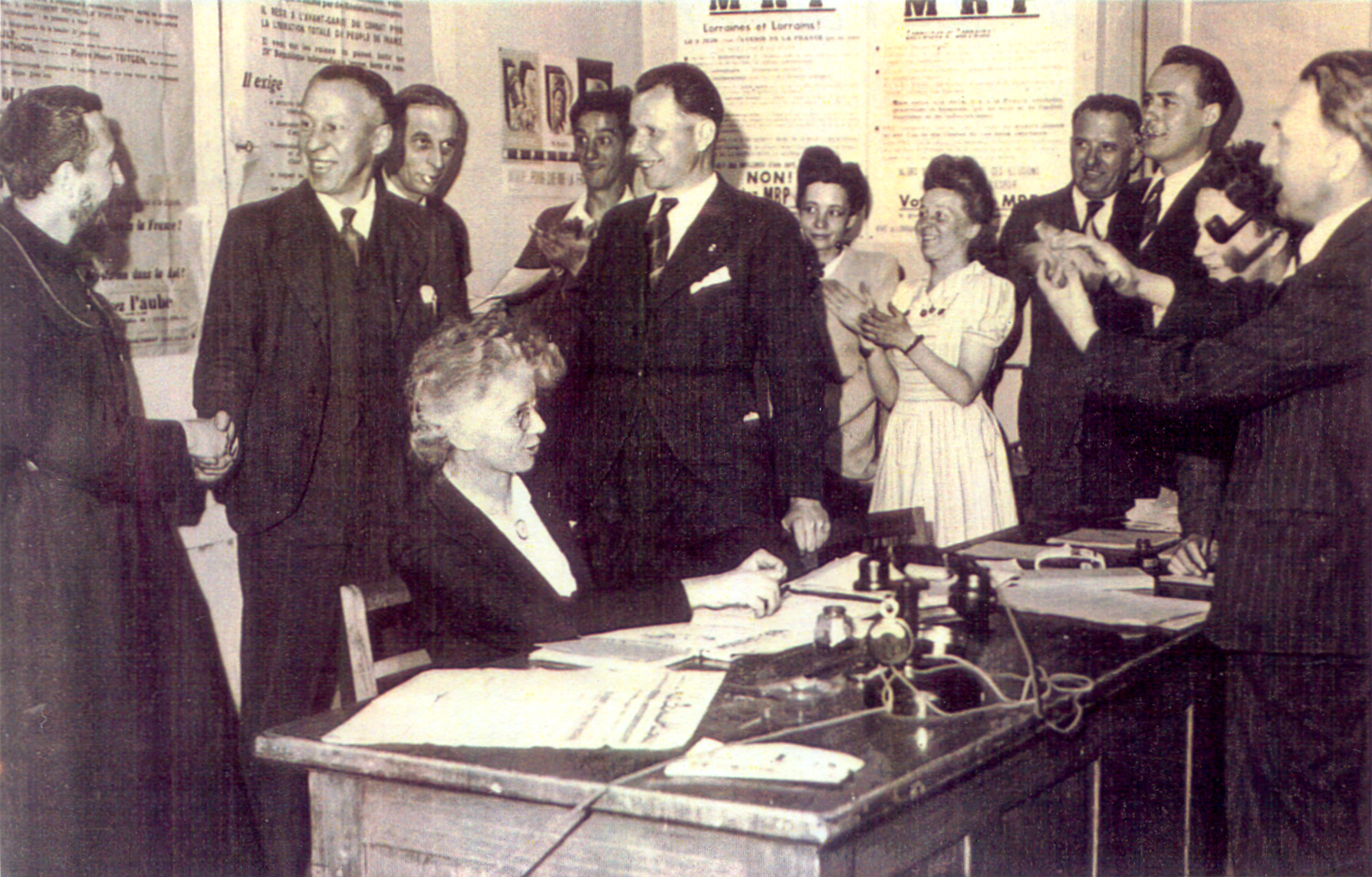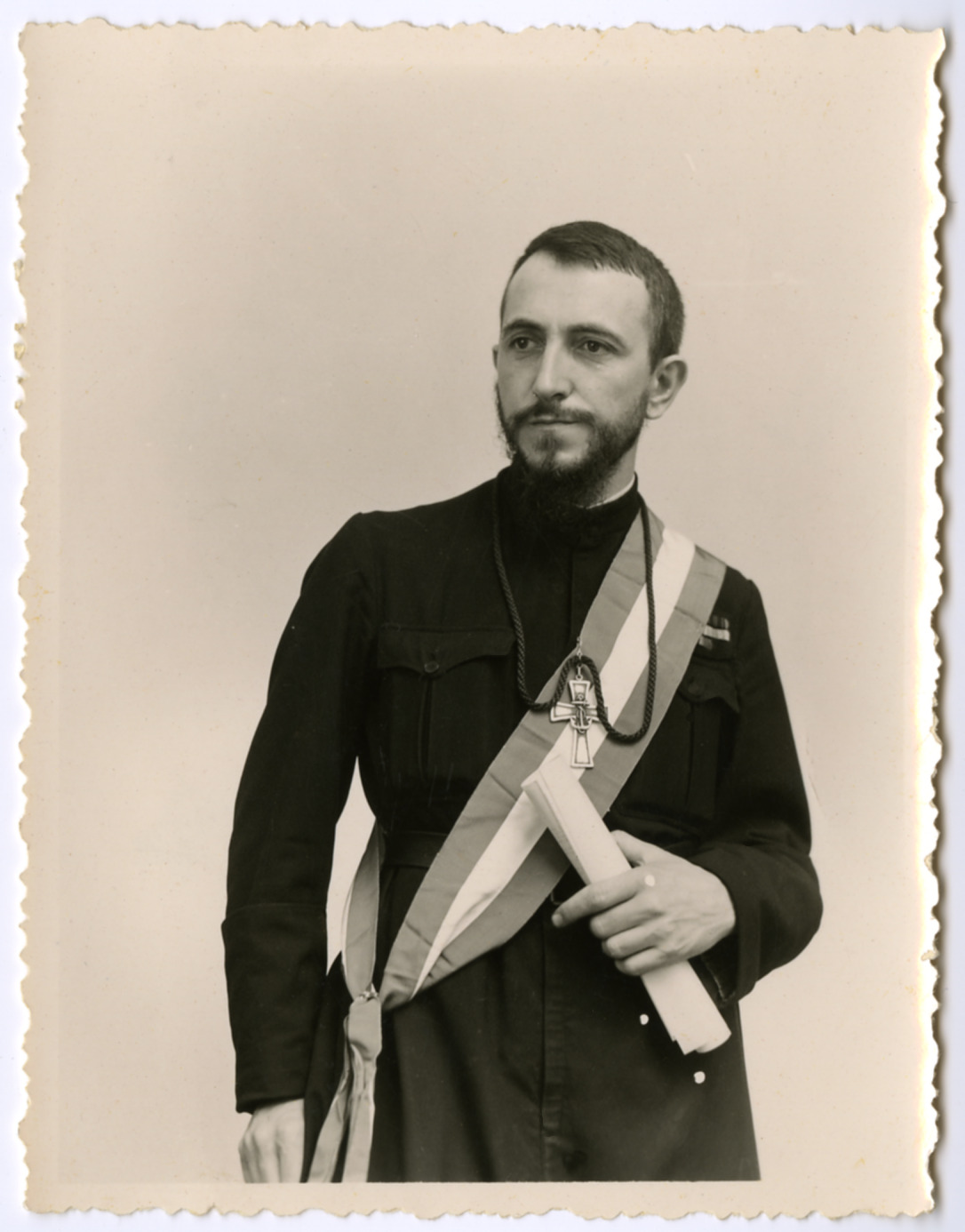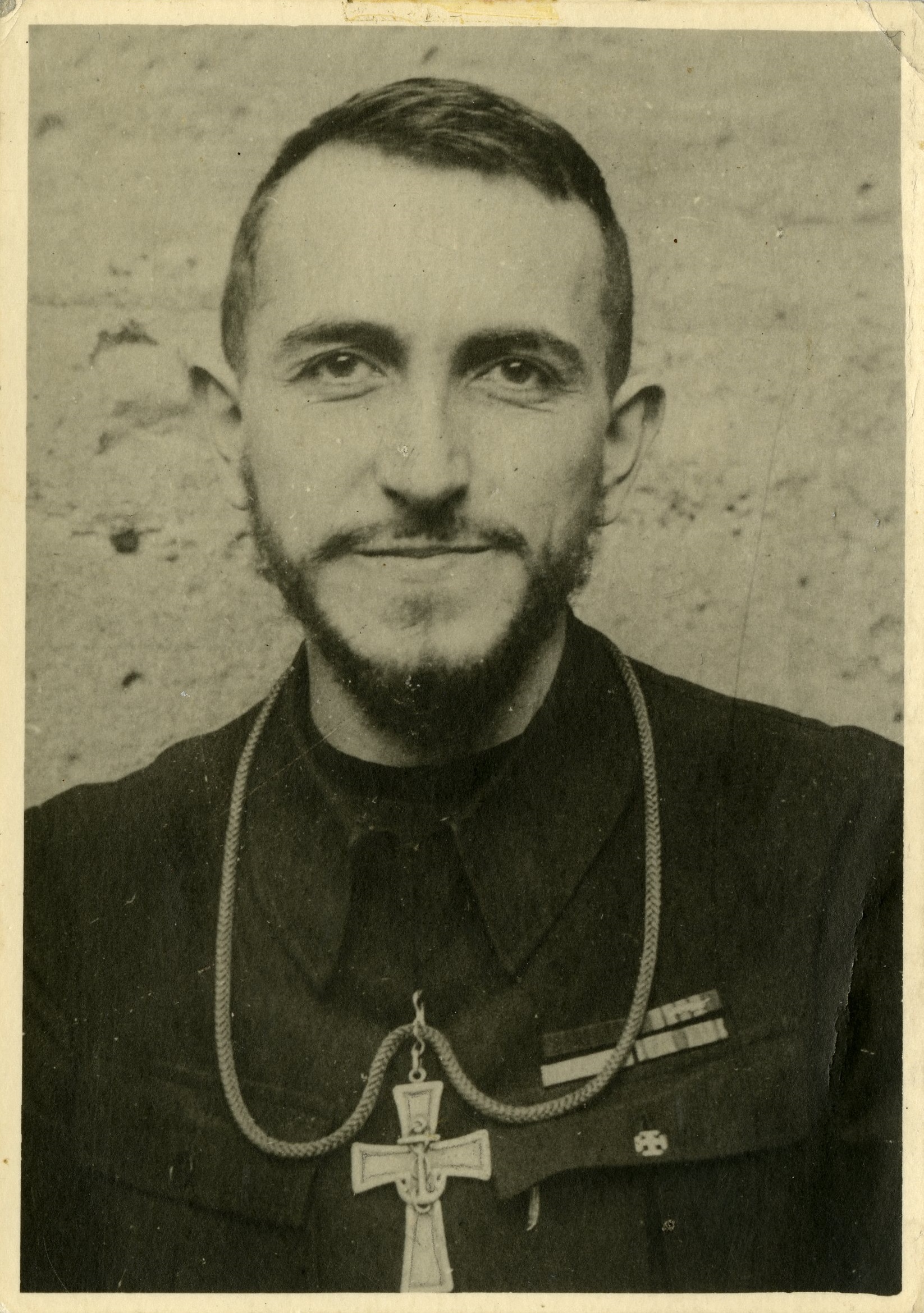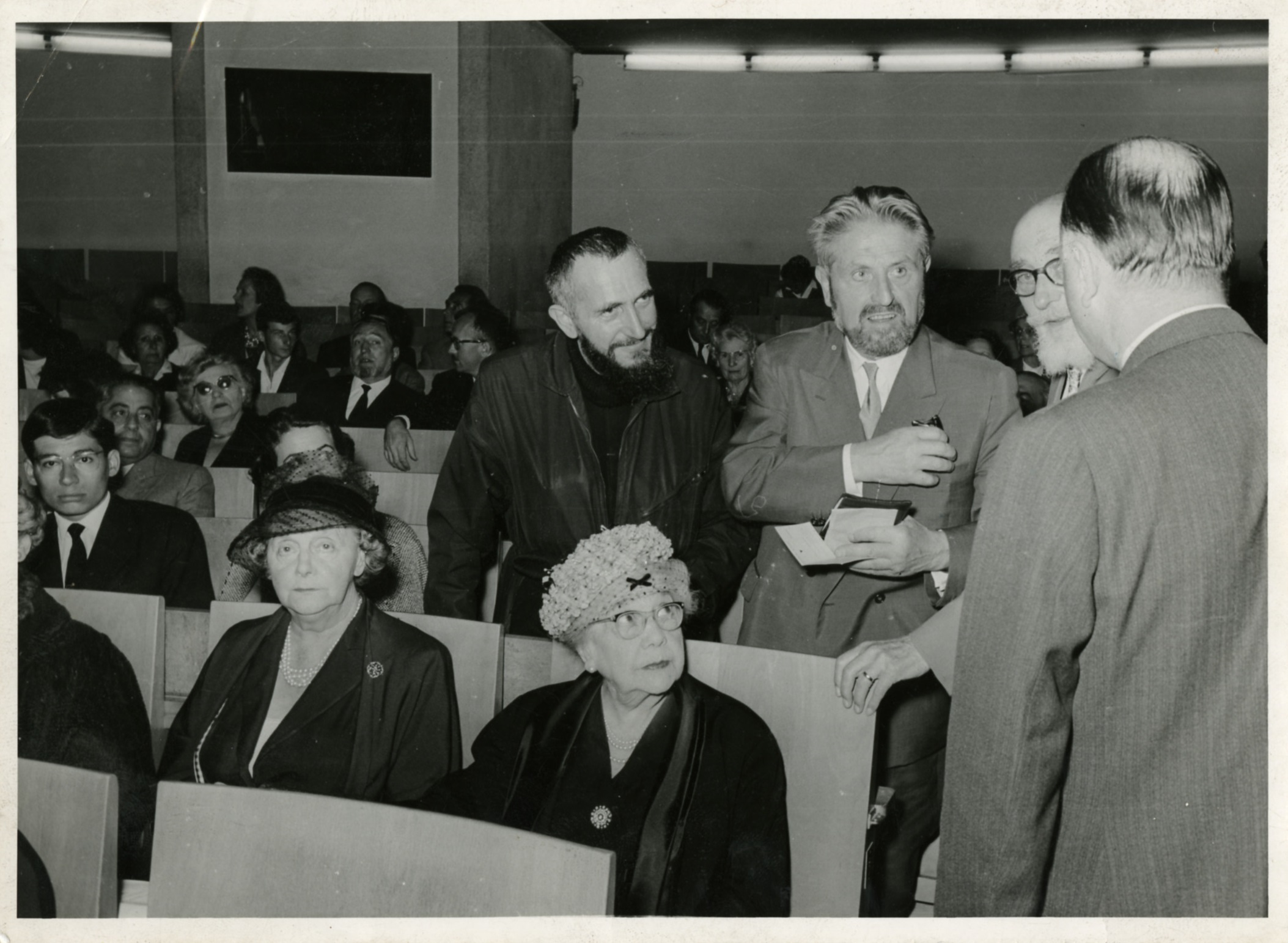Political and social engagement (1945-1951)
After the war, Abbé Pierre was called on to go into politics. He was elected Member of Parliament for Meurthe-et-Moselle in October 1945. This period also saw the consolidation of his struggle for a fairer world.
With the French Liberation, Abbé Pierre’s political commitment took a new direction. On his return to France in mid-January 1945, he was called on to represent the Catholic Resistance at the National Assembly. On 21 October, he was elected Member of Parliament for Meurthe-et-Moselle at the French National Assembly, for the MRP (Mouvement Républicain Populaire), although he called himself an independent. In his own words, he was “a priest who became a member of parliament through an accident of war”.
His three terms as a member of parliament were marked by the defence of the Resistance, the promotion of federalist ideas and the recognition and protection of conscientious objection. He gradually distanced himself from the MRP, eventually resigning in 1950 in protest against police violence and repression during a strike. With a few other Members of Parliament, he founded the “Independent Left”, but he was not re-elected on 17 June 1951.
At the same time, Abbé Pierre broadened his vision of the world. He was involved on various fronts in the struggle for a new world guided by the quest for the common good. He contributed to the drafting of the 1948 Universal Declaration of Human Rights, fought against the death penalty, war and ‘nuclear fire’, and for conscientious objection and world citizenship. Over these years, Abbé Pierre was a leader or member of several European and international federalist movements.
” He is part of the generation that learns the lessons of history with determination and on a global scale, and who will never forget them out of inconsistency, cowardice or calculation. “
Abbé Pierre : Pensées inédites




